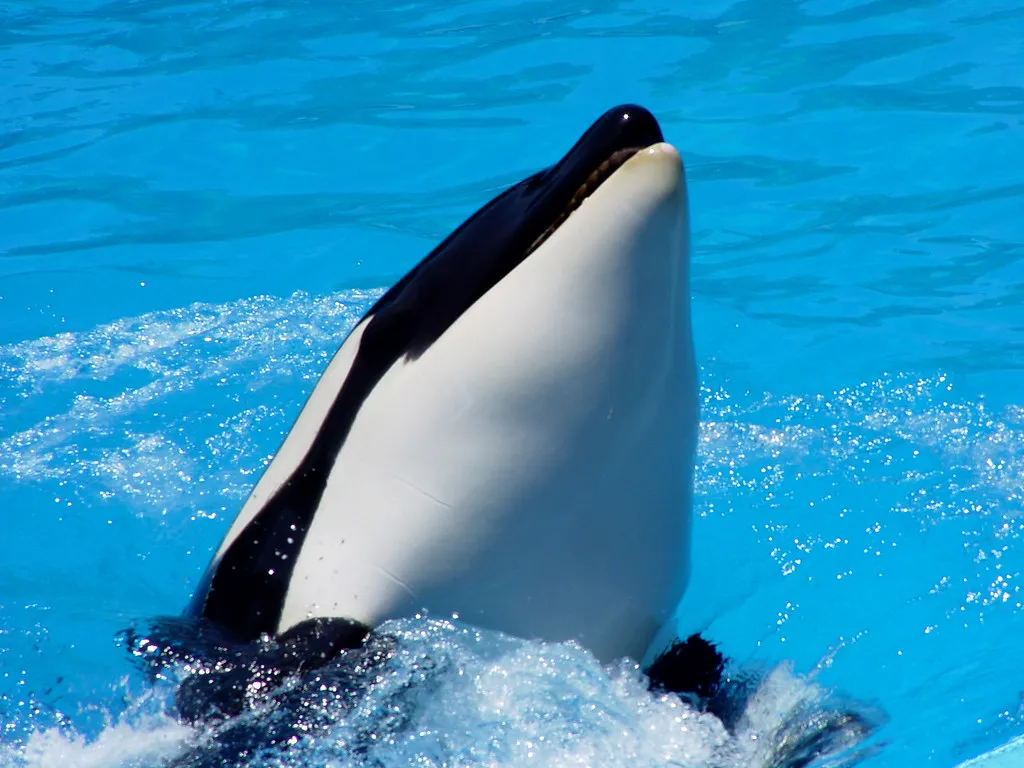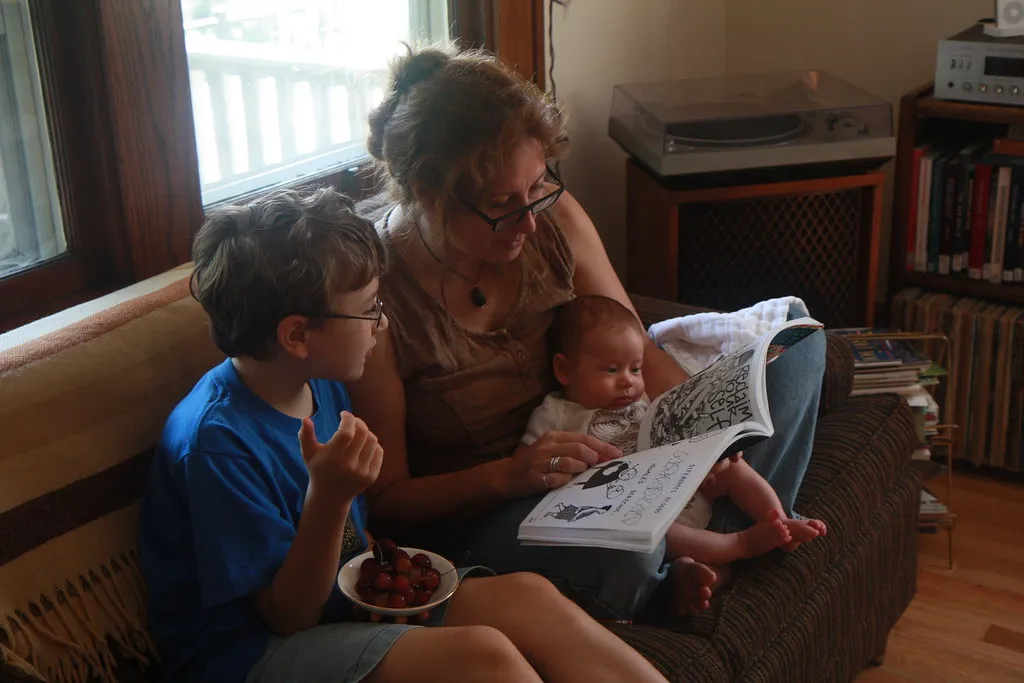We think we know a lot about ourselves including our reproduction and when we ask what reproduction is, we remember to say that it is about production, the birthing of new ones but when we mention all this, we do not mention menopause.
Menopause for us humans is when we stop our menstrual period which is usually starts at the age of 50 but it can differ for a few people due to genetics and lifestyle. With this, it means that the ability to have babies is lost and this marks the closeness to the end of life as it marks the beginning of another phase.

freemalaysiatoday
You will think that the this is common with most animals, I mean mammals but do you know that we are just one of the three mammals that go through this type of menopause so we this has made it difficult for scientists to understand the evolutionary history to this. Well, scientists have been able come up with so many guesses.
One of those guesses is that people with ovaries are born with millions of oocytes which are immature eggs. When we get to puberty (when I mention we, I mean females) every month, we release one egg every month and once in a month. The Oocyte matures and move to the uterus at this time of the month but once there is no spermatozoa to fertilize the oocytes, then it will get flushed with tissues and blood in what we call menstruation. Menstruation is triggered by hormones including those from the pituitary gland which is responsible for the maturity of Oocytes.
At age 35, it is quite difficult to get and stay pregnant before there can be complications with the pregnancy and the complications include abnormalities in chromosomes. This becomes difficult because at this time, there are lesser oocytes and lesser hormones being produced at the time. Once they reach age 50, the periods start to become irregular and then they stop which is what we call menopause. When there are no eggs to be mature, it means menopause. Remember I mentioned that we are one of three mammals that experience menopause, the other two mammals are Killer whales and Short-finned pilot whales.
Early ideas said menopause was as a result of the sudden long live we humans began to experience. It was suggested that menopause didn't occur from natural selection which meant it was a non-adaptive one but we will not say the same thing about whales since they didn't just start living long. Other ideas like the Mother adaptation was also suggested where it is said that women grew this adaptation process because they became older.
There is also the grandmother hypothesis which talks about younger women producing more genetically healthy babies than their mothers and so boost the genetic legacy of the species since children from the daughters will be more healthy and . This hypothesis seem to work the same for Killer whales, and Short-finned pilot whales as we as a specie tend to start caring for our young rather than reproducing more young ones.
For now, we are still looking to understand how and when menopause showed up in our history, also we understanding menopause itself but until we understand this, let's do well to appreciate the mothers in the house and women in general. Trust me, science will find an explanation to this soon but until then, enjoy reading my post and keep reproducing.
Reference
https://pmc.ncbi.nlm.nih.gov/articles/PMC3433273/
https://www.theguardian.com/society/2015/dec/15/what-science-doesnt-know-about-the-menopause-what-its-for-how-to-treat-it
https://pmc.ncbi.nlm.nih.gov/articles/PMC10471094/
https://www.rbmojournal.com/article/S1472-6483(10)61304-1/pdf
https://www.nia.nih.gov/health/menopause/what-menopause
https://www.scientificamerican.com/article/the-origin-of-menopause/
https://www.nature.com/articles/d41586-024-00794-2
https://www.sciencedirect.com/science/article/abs/pii/S1472648310613041
https://pubmed.ncbi.nlm.nih.gov/7925746
https://europepmc.org/article/med/19589949
https://www.nytimes.com/2013/02/01/booming/womens-eggs-diminish-with-age.html

